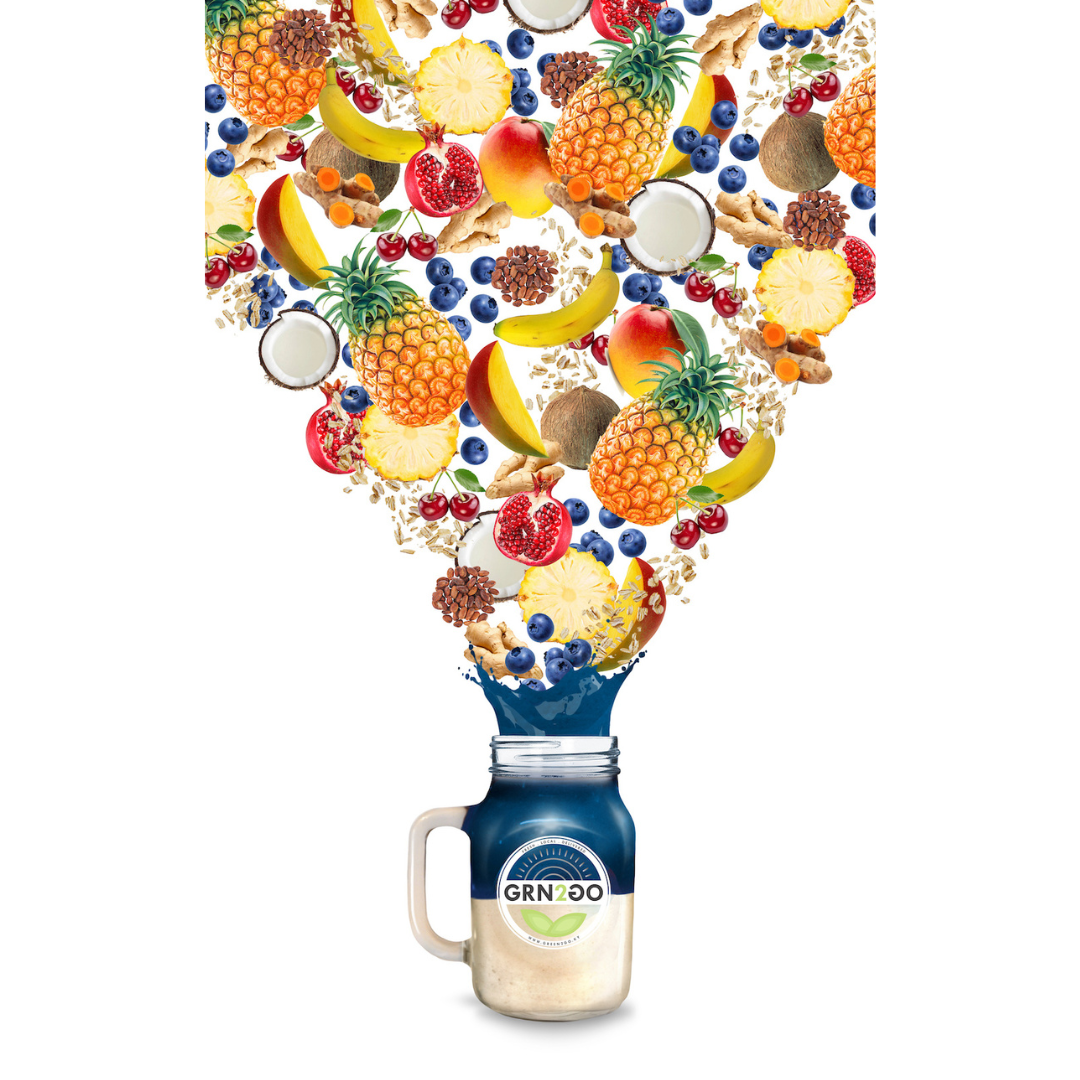
Are you looking to enjoy fresh and nutritious produce throughout the year? You'll be happy to know that the winter season offers plenty of seasonal fruits and vegetables to satisfy your taste buds. In this article, we'll explore the produce available during winter months, why you should buy local, seasonal produce, how to find these foods, and the many health benefits of consuming them.
Winter Fruit and Veggies Winter varieties of fruits and vegetables include apples, pears, citrus fruits, kiwi, grapes, broccoli, cauliflower, cabbage, and potatoes. These foods are grown in the colder months of fall and winter, and although some are available year-round, you'll find the best quality when they're freshly harvested during the winter season.
How to Find Seasonal Produce
To discover what's in season, check online or grocery store flyers. Most stores list the produce available and when it will be sold. Visiting local farmers' markets is also a great way to find fresh, local produce in season, which can be more affordable than buying from a grocery store.
Health Benefits
Winter seasonal fruits and vegetables are packed with essential vitamins and minerals that promote good health. Here are a few winter produce options and their health benefits:
- Winter Squash: Rich in nutrients and antioxidants, high in fiber, and a good source of vitamins A, C, and E.
- Kale: High in fiber, vitamins A and K, and minerals like copper and potassium.
- Collard Greens: High in vitamins A and K and calcium, with anti-inflammatory properties.
- Fennel: Good source of vitamin C and folate.
- Meyer Lemon: High in vitamin C, antioxidants, and calcium.
- Celery Root: Good source of vitamins C and K, potassium, and folate, and high in antioxidants.
- Broccoli: High in fiber, vitamins C and K, and minerals like potassium and magnesium.
- Cauliflower: Good source of vitamins C and K, high in folate, and antioxidants.
- Cranberries: Good source of antioxidants, fiber, and vitamin C.
- Carrots: Good source of beta carotene, vitamins A, K, and B complex, and minerals like potassium and magnesium.
- Cabbage: High in vitamin C, folate, and fiber.
- Persimmons: Good source of fiber and vitamins A and C and potassium.
- Brussel Sprouts: High in vitamins A, C, K, and folate, and minerals like potassium and fiber.
- Citrus Fruit (Oranges): Good source of vitamin C.
- Pears: Good source of vitamin C and fiber, and include potassium and folate.
- Leeks: Good source of vitamins A, C, and K and folate.
The Benefits of Buying Seasonal Vegetables
Winter seasonal vegetables are great sources of vitamins A, C, and K, and folate, as well as minerals like potassium and fiber. Buying local produce whenever possible ensures that it has been grown in the right conditions. Grounding via Winter Root Vegetables can also help you connect with the earth and is especially beneficial during the winter months.
Winter Food Storage Tips
If you won't be consuming your winter fruits and veggies right away, freeze them as soon as possible after being harvested to lock in their nutrients and flavor. You can also store winter produce in the fridge or at room temperature. Here are some tips for storing winter fruits and vegetables:
- Apples, pears, and citrus fruits can be stored in the fridge or juiced and put into containers in the fridge.
- Beets, carrots, potatoes, and sweet potatoes can be stored in a cool, dark place like a pantry for up to a month.
- Brussels sprouts, broccoli, cabbage, cauliflower, and kale should be stored in the fridge for up to a week.
FINAL NOTES
Take advantage of the winter season to experiment with seasonal produce that may not be as readily available during other times of the year. Winter fruits and vegetables are abundant in vitamins, minerals, antioxidants, and fiber, and incorporating them into your diet can provide you with an extra energy boost during the colder months.
